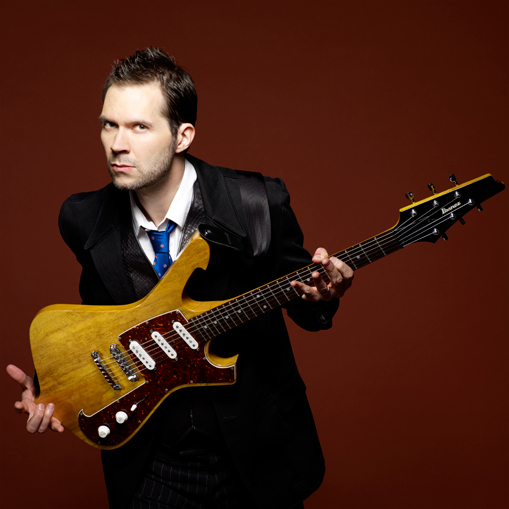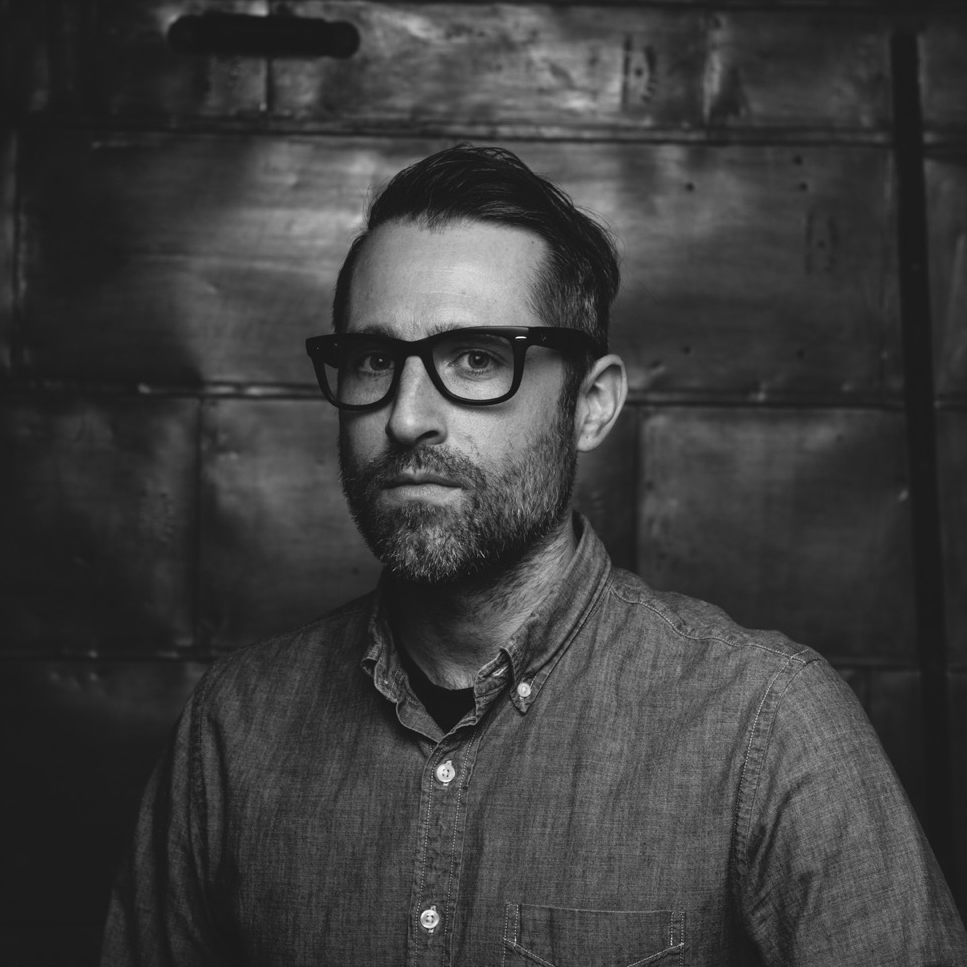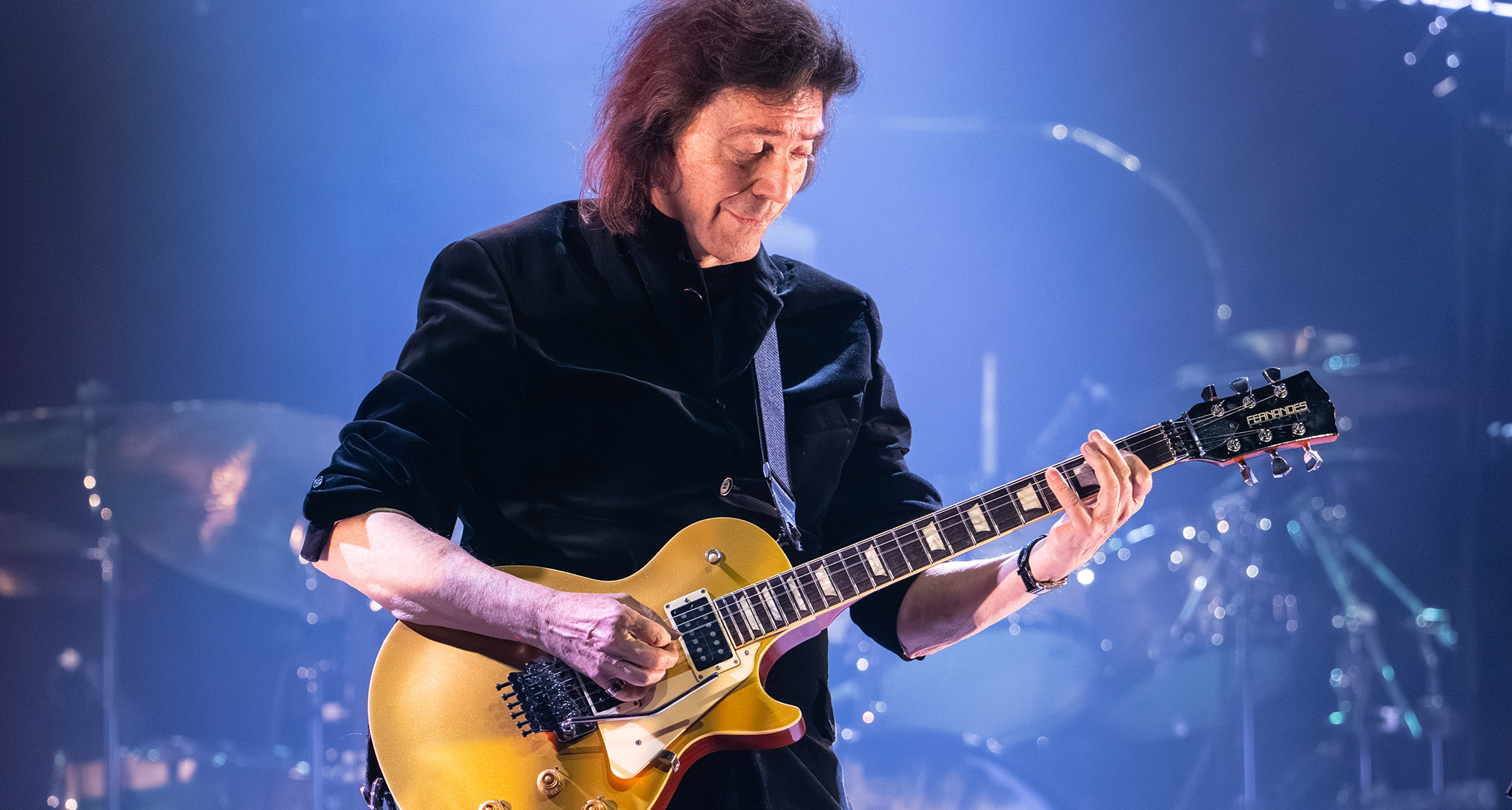Dear Guitar Hero: Paul Gilbert Discusses String Skipping, His Picking Attack, John Petrucci and More

FROM THE GW ARCHIVE: Paul Gilbert answered readers' questions in 2010.
I’m a big fan of your guitar tone. What do you consider to be the key element to your sound? — Thomas Hartley
I first began having success picking on a guitar that wasn’t plugged in. I was picking really hard so I could hear it acoustically, and when I plugged into an amp, I was surprised that it didn’t sound very good. I discovered that the way I attack the string really affects the tone. Modifying your picking attack—for clean tone, distortion and playing on an acoustic—makes a huge difference in the sound.
With solos and shredding becoming popular again, do you think the younger players are falling into the trap of flash over substance? — Lorne
Well, I’d probably have to listen to more young players. [laughs] Actually, I’ve done a lot of teaching lately, and I’m really impressed with the kids that are coming in. In general, their technique is genuinely good. I’m pleasantly surprised by that.
Have you ever thought about doing a traditional blues album? — Pauly
I did a bluesy album [Raw Blues Power, 2002] with my uncle, Jimi Kidd, who was a huge influence on me when I was younger. But traditional blues? I don’t know. I like some of the really dirty traditional blues, like John Lee Hooker. But for that stuff, those guys are out of tune and the bars go too long, and you hear the bass player change a second later than the other guys. That stuff really gives it its down-and-dirty feeling. I think I’d have to start drinking a lot more to really do it right. [laughs] I don’t know if it’s possible. When you say “traditional” I take it seriously enough to know probably not to go there! [laughs]
All the latest guitar news, interviews, lessons, reviews, deals and more, direct to your inbox!
How did you develop your string-skipping and legato playing over the years? — Anthony Padilla
The legato playing that I do is very intuitive, and I learned it through a lot of good accidents. I used to sit around and play to Eddie Van Halen, doing it wrong and coming up with my own patterns. The string-skipping stuff involved taking those same patterns and translating them into string-skipping licks. It was quite easy, thanks to the way I pick, which is mostly outside pickin. It was such a great discovery: suddenly I had a new bag of licks, and with very little effort.
Is it true that you used to pick using only upstrokes? Did reggae players influence your approach? — Jeff Dunne
The upstrokes came from lack of knowledge rather than from reggae. I started playing by ear at age nine. I had no idea how to play, and for some reason upstrokes felt good. I was talking to Scott Henderson, the amazing fusion guitar player, and he said an interesting thing about the architecture of the guitar: that it is essentially six separate instruments. Because each string is tuned differently, they all have a different feel, they’re in different places, and you have to learn the notes on each one.
That may be simplified, but some of the art of learning guitar is to learn each of those six instruments, and that’s how I started, unwittingly. I spent two years learning the low E string before I finally took a lesson and a teacher taught me how to tune the other five. It was a grueling way to learn. [laughs] Chords sound so much better! But that’s how I learned: a lot of upstrokes on that E string, and learning every Led Zeppelin riff I could that way.
You are often lumped in with shredders like John Petrucci. Considering your opinion of your own style, would you prefer to be put in a group with him or someone like Jimmy Page or Randy Rhoads? — Enrique Angeles
I think as a fan and as a listener: Jimmy Page and Randy Rhoads are where I was coming from. John is certainly a great guitar player, and some of the Dream Theater stuff is killer. And where we’ve ended up is similar: our styles have crossed paths, as far the kind of picking we do and our modern shred tone. I’ve done some tribute gigs with Mike Portnoy, and he said John’s influences are really different than mine.
Apparently, John was really into progressive rock, like Rush. I love Rush, but at the same time, I have a feeling I went a lot deeper into the pop music of the Beatles, Todd Rundgren and Cheap Trick. It would be a huge honor to be in either category. But I’ve gotta say, if I look to my right, I’ve got a big poster of Jimmy Page hanging on my wall.
Do you think you’ll ever get back with your old Racer X buddies for another album or tour? — Ryan
On this tour that’s coming up, I’m actually bringing Bruce Bouillet, the other guitarist for Racer X. It’s really exciting, because he’s been producing underground for awhile. We’re certainly doing some Racer X songs on my tour. But yeah, if we’re all feeling some heavy metal, it’d be great doing another Racer X record.
Brad is a Brooklyn-based writer, editor and video producer. He is the former content director of Revolver magazine and executive editor of Guitar World. His work has appeared in Vice, Guitar Aficionado, Inked and more. He’s also a die-hard Les Paul player who wishes he never sold his 1987 Marshall Silver Jubilee half stack.

